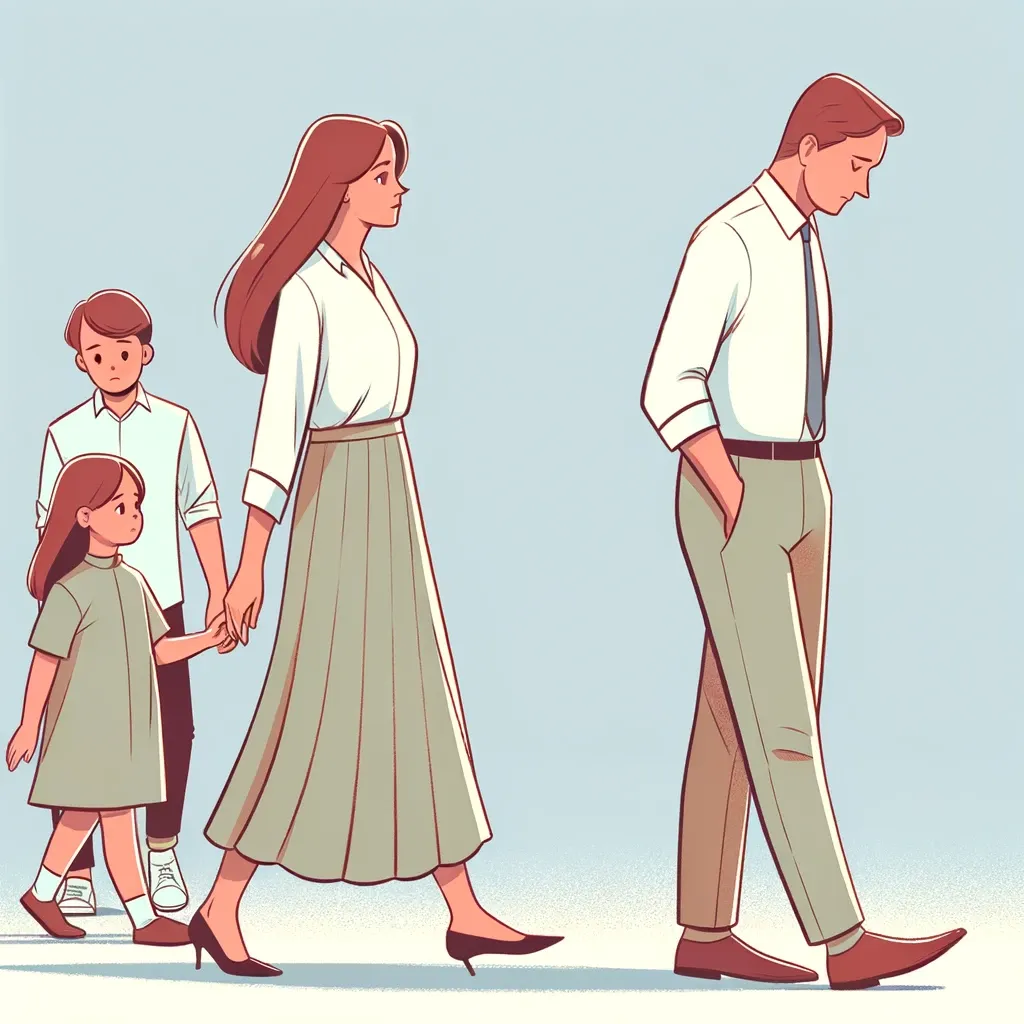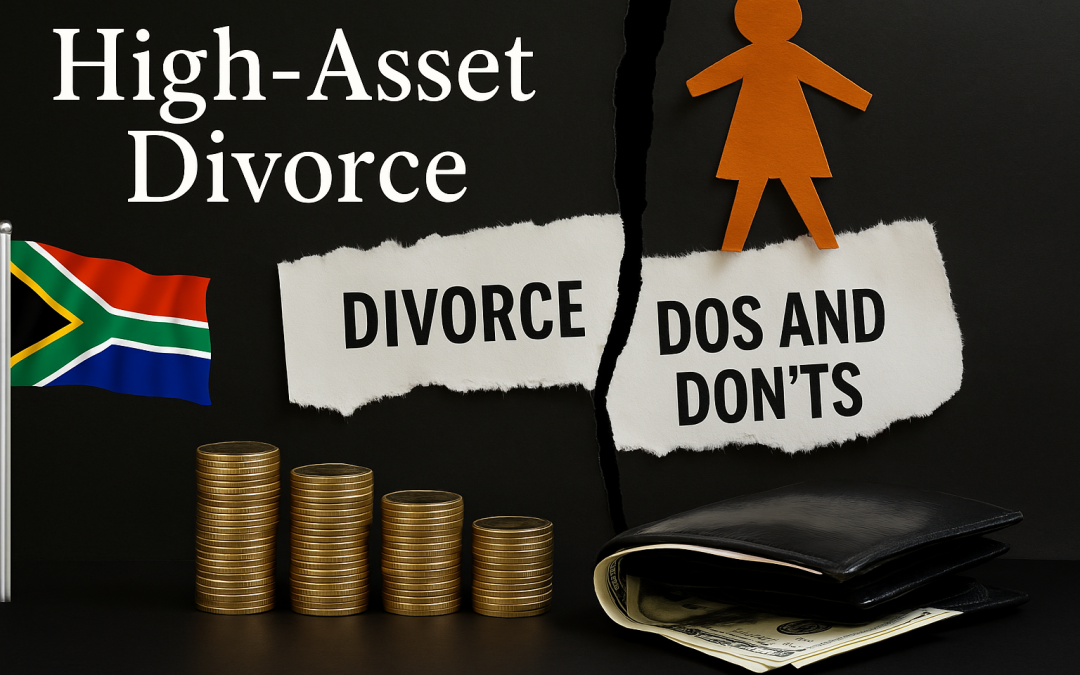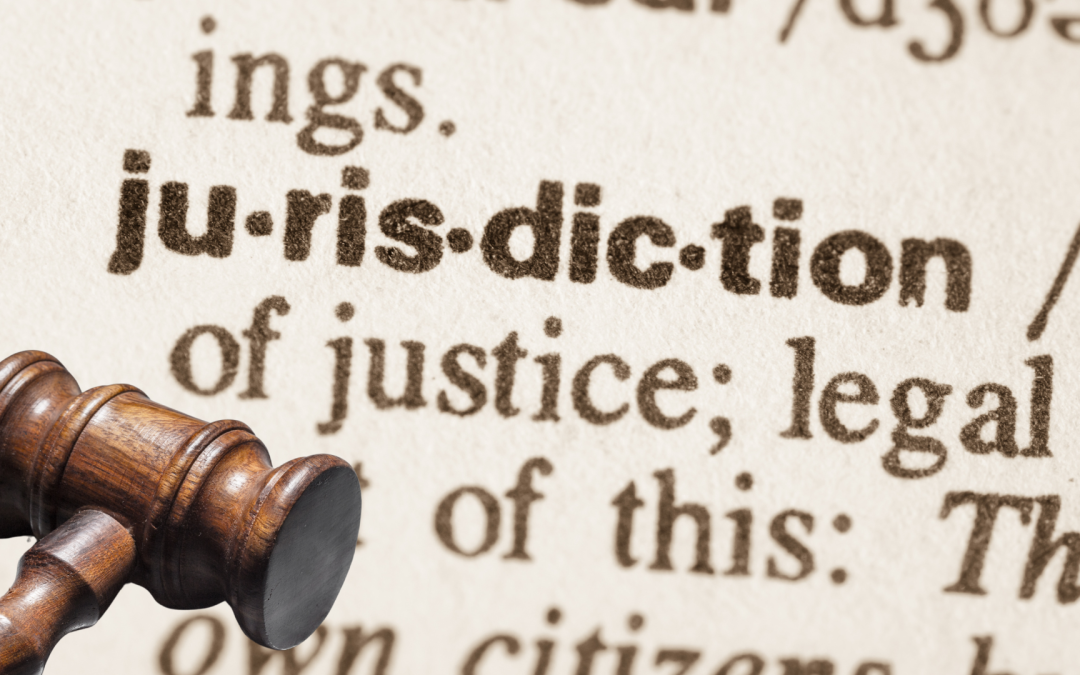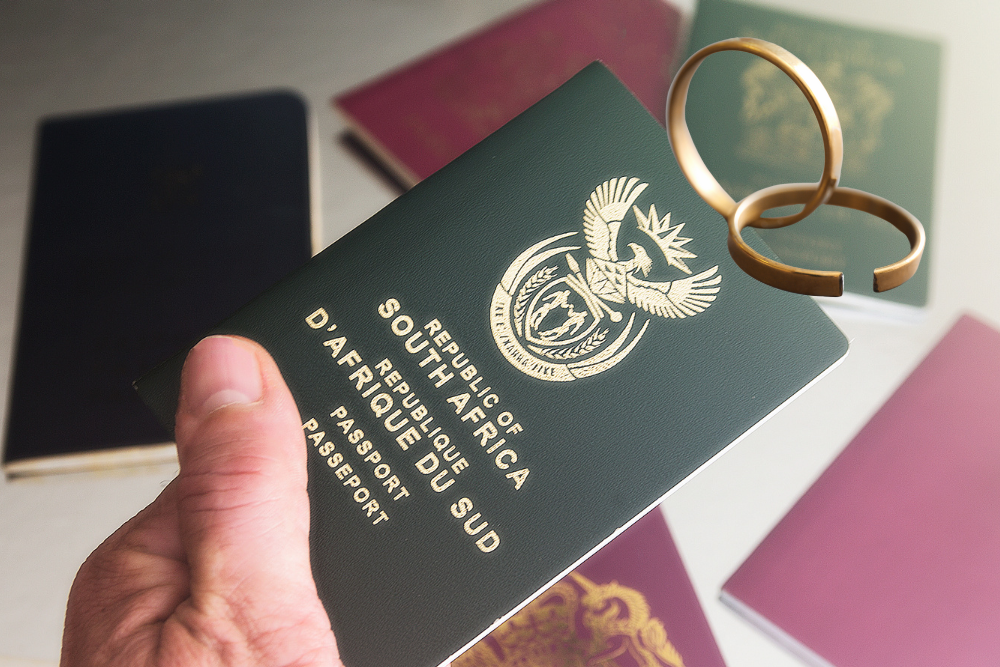Introduction: The Context of the Case
The parties, M.F.B (Plaintiff) and J.B (Defendant), were married in community of property in 1992. Over the years, their marriage disintegrated, leading to a divorce action initiated by the Plaintiff in 2016. The bone of contention was the division of the joint estate and the possible forfeiture of patrimonial benefits by the Plaintiff.
Key Aspects of the Judgment
- Forfeiture of Patrimonial Benefits: The Defendant requested that the Plaintiff forfeit benefits from the matrimonial home and his pension interest. However, under Section 9(1) of the Divorce Act 70 of 1979, for forfeiture to be granted, the court must consider the marriage duration, the circumstances leading to its breakdown, and any substantial misconduct by either party (paragraph [24]).
- Contribution and Misconduct: Despite the Defendant’s allegations of infidelity and financial irresponsibility against the Plaintiff, the court found no substantial evidence of misconduct justifying forfeiture (paragraph [32]).
- Pension Interests and Division of Assets: The Plaintiff was entitled to 50% of the Defendant’s pension interest in the Government Employees Pension Fund, as per Section 7(7) and 7(8) of the Divorce Act (paragraph [22], [37]).
- Costs of Proceedings: Each party was ordered to pay their own legal costs, considering their means and conduct (paragraph [36]).
Memorable Quote from the Judgment
“In considering the grounds and circumstances that gave rise to the break-down of the marriage… it seemed as if he, in addition, wanted to rely on the fact that the Plaintiff withdrew her pension fund interest… This was however not pleaded by the Defendant in his Plea or Counter-Claim.” (paragraph [31]).
FAQs
- What are the grounds for the forfeiture of patrimonial benefits in a divorce?
- Forfeiture can be ordered if one party will unduly benefit without it, considering the marriage duration, reasons for breakdown, and misconduct.
- Can a spouse claim a portion of the other’s pension interest in a divorce?
- Yes, under Sections 7(7) and 7(8) of the Divorce Act, a spouse may claim a portion of the other’s pension interest as part of the joint estate.
- What happens to the matrimonial home in a divorce?
- It depends on the marriage contract and the court’s decision. It can be sold and proceeds divided, or one spouse can buy out the other.
- Does infidelity automatically lead to forfeiture of benefits?
- Not necessarily. The court considers infidelity along with other factors like the marriage duration and overall conduct of both parties.
- Who pays the legal costs in a divorce case?
- The court decides based on the parties’ means and conduct. They can be ordered to pay their own costs or one party may be ordered to pay both.












